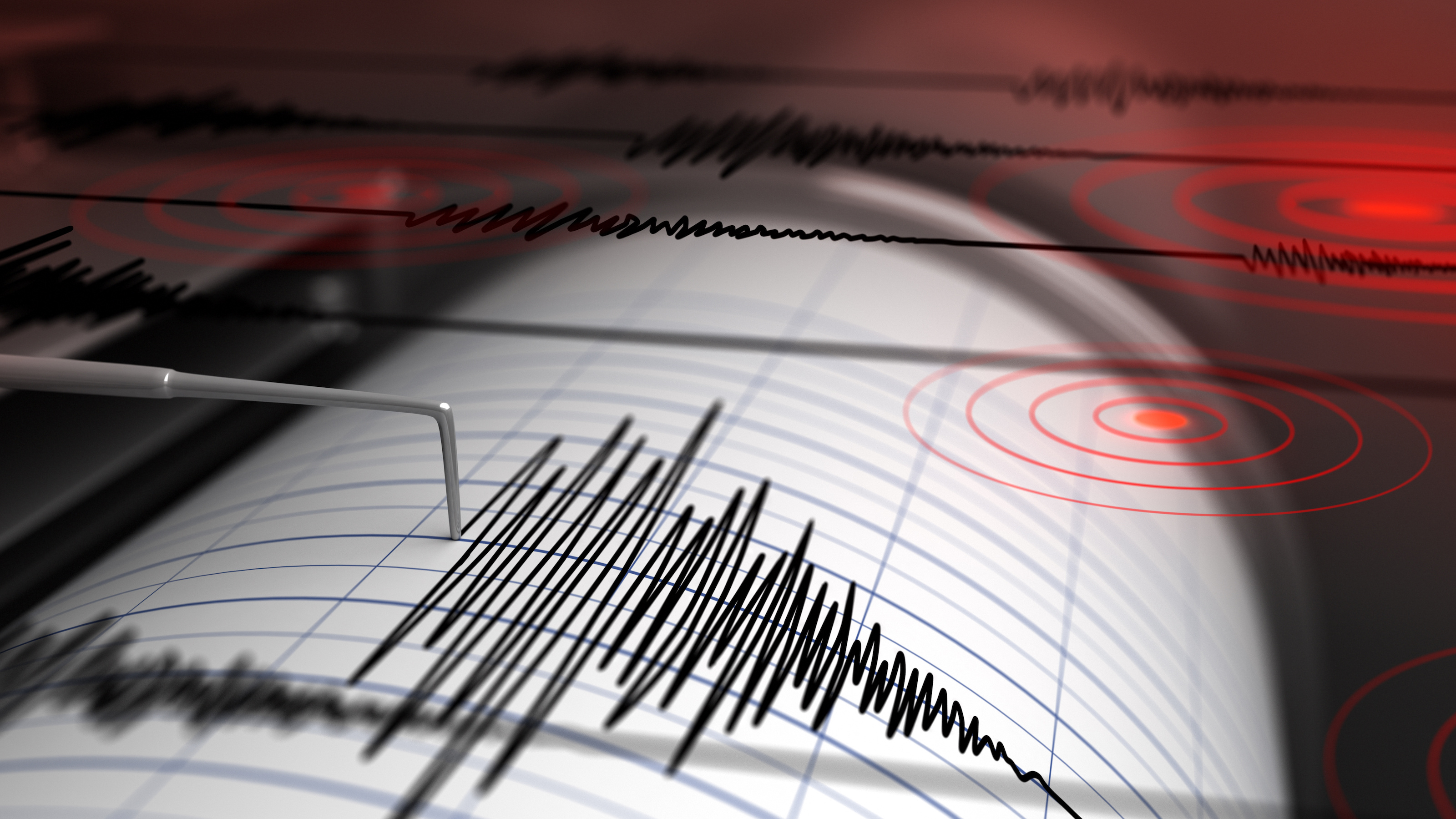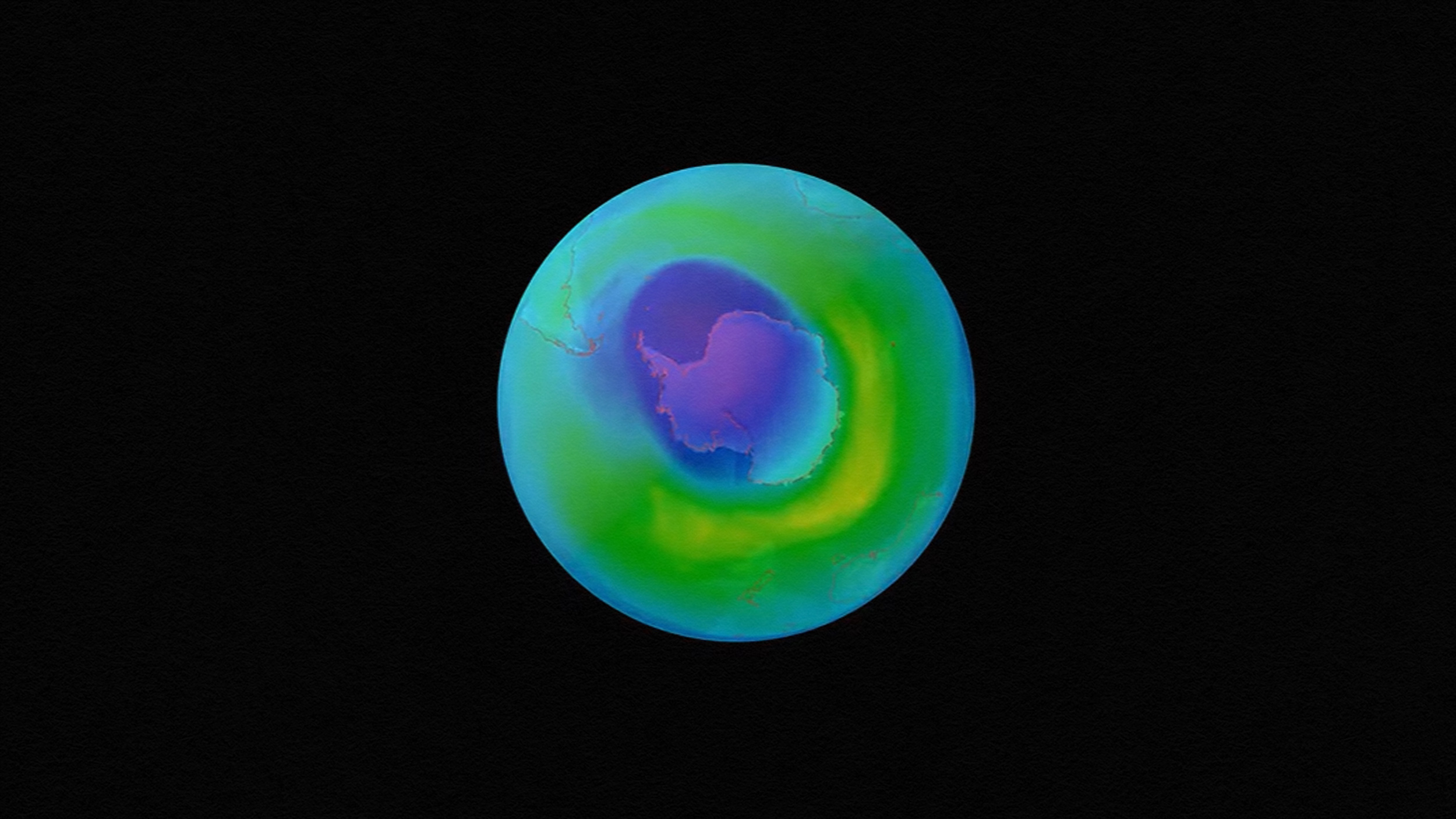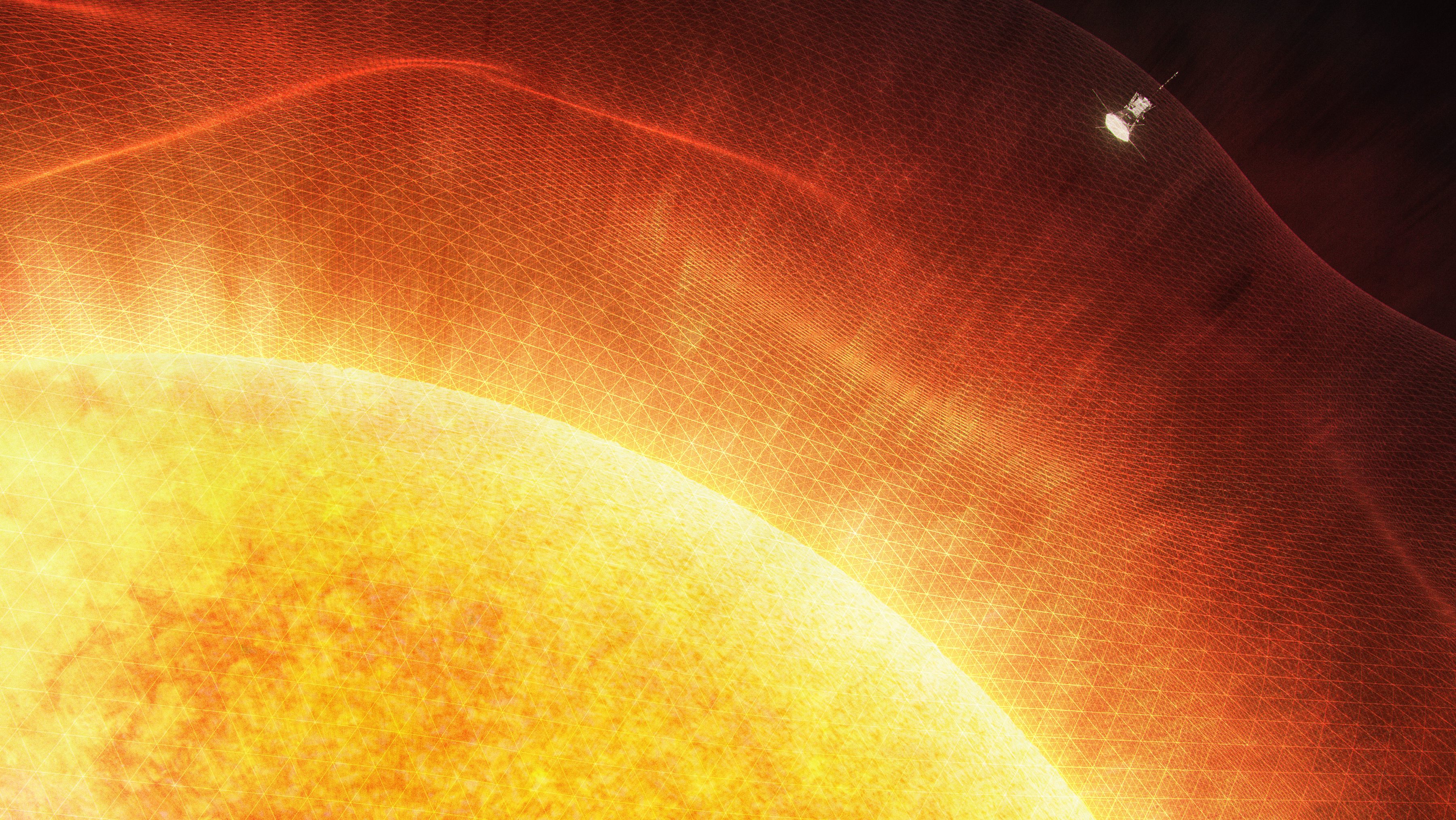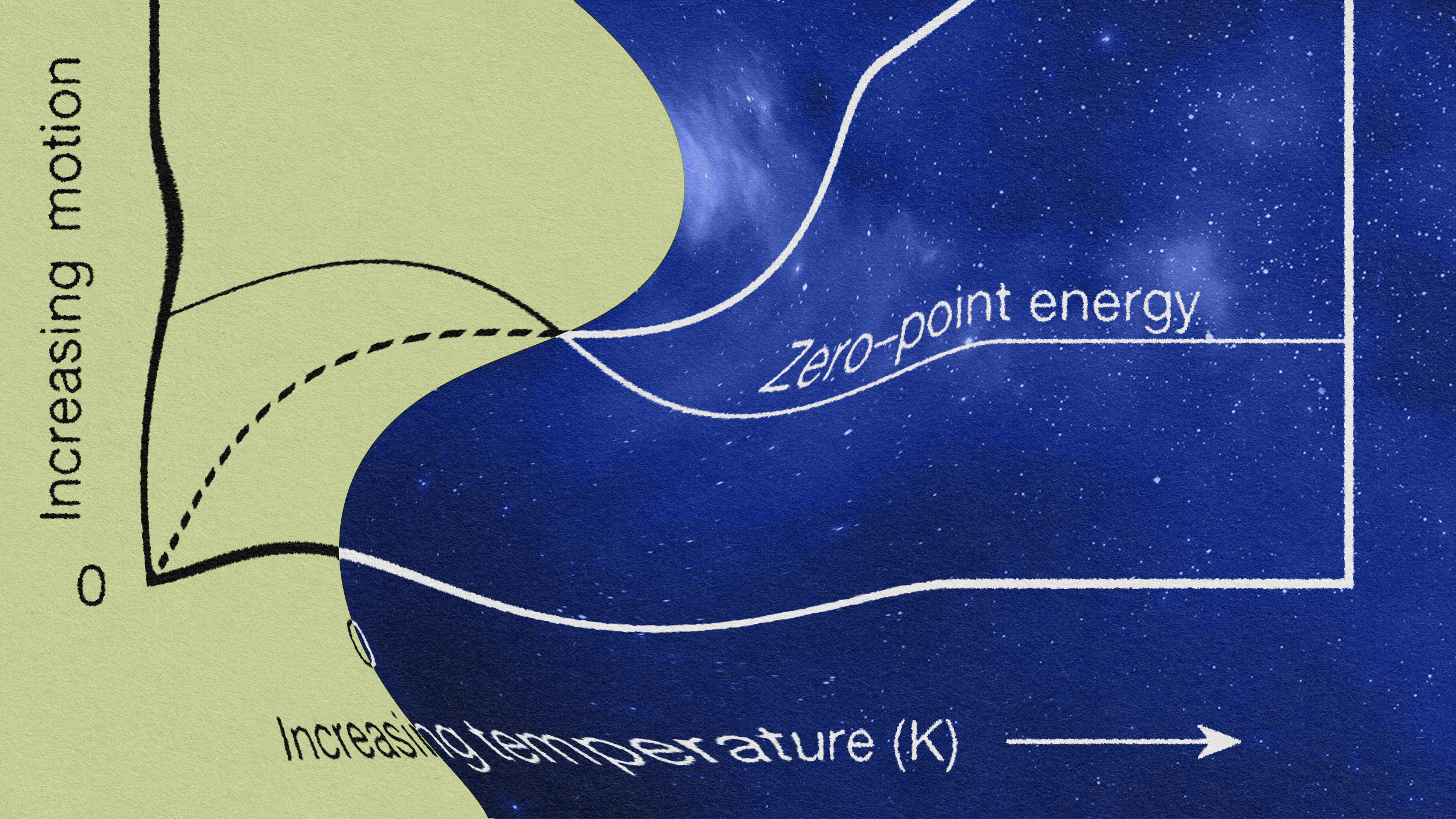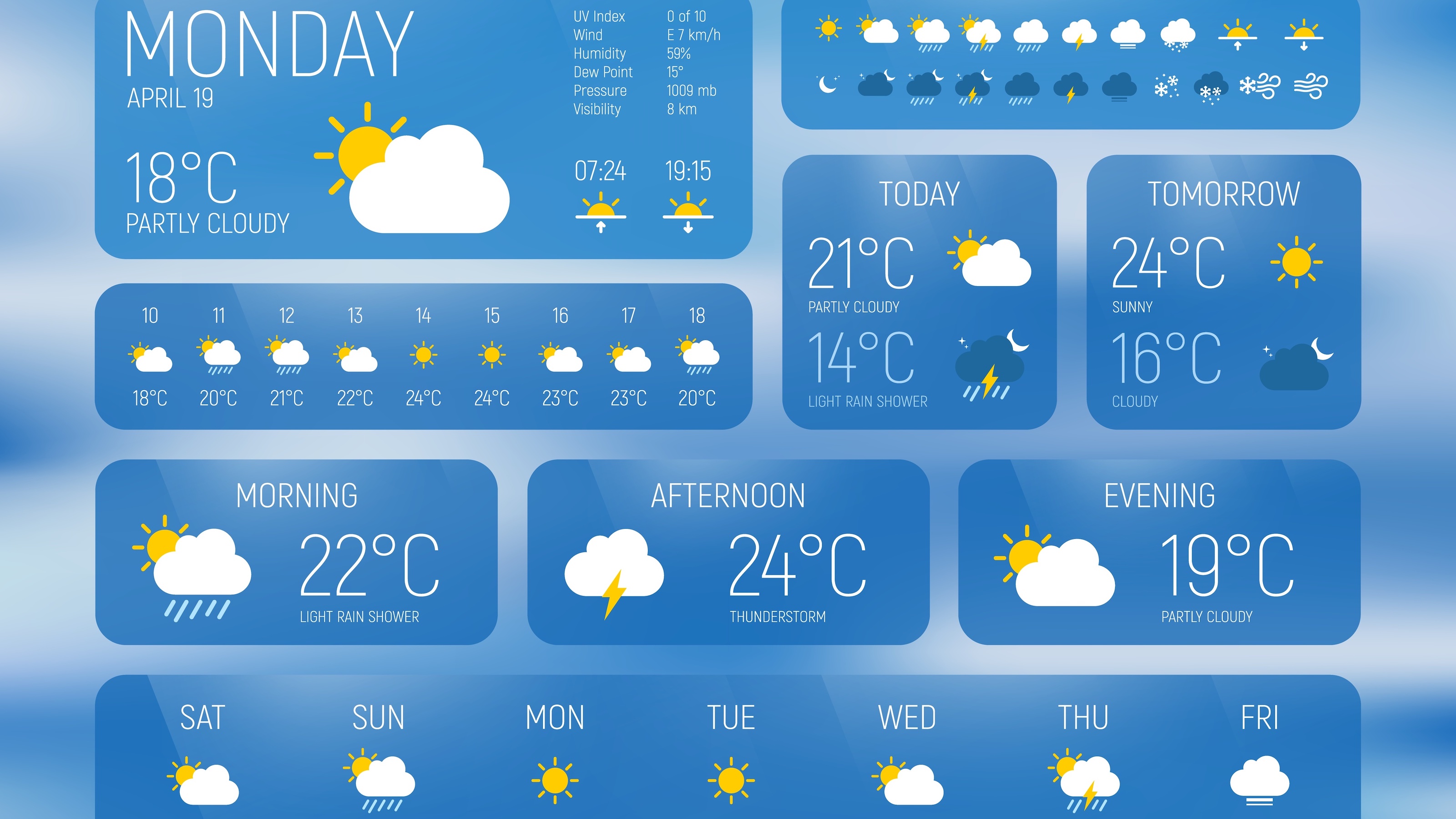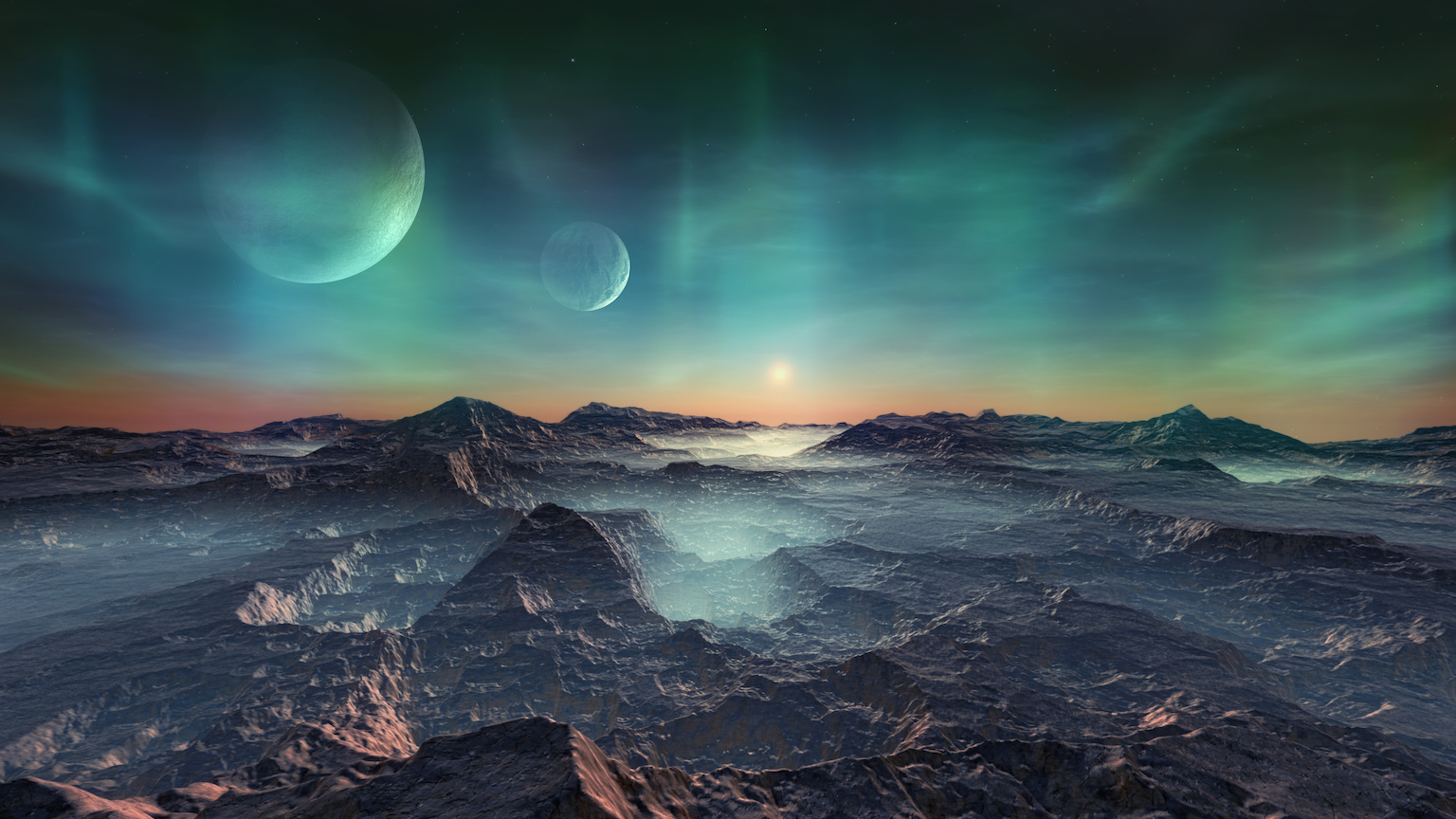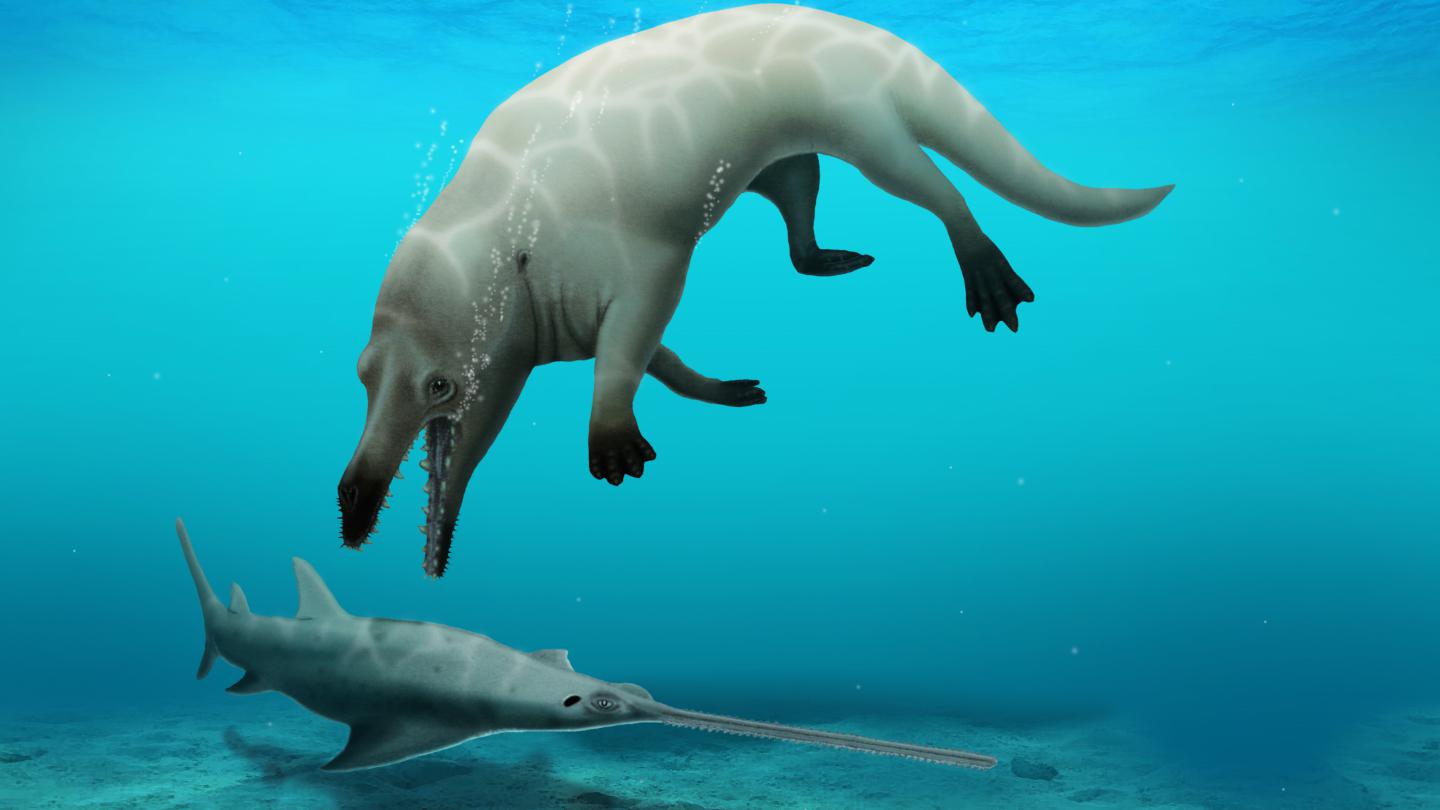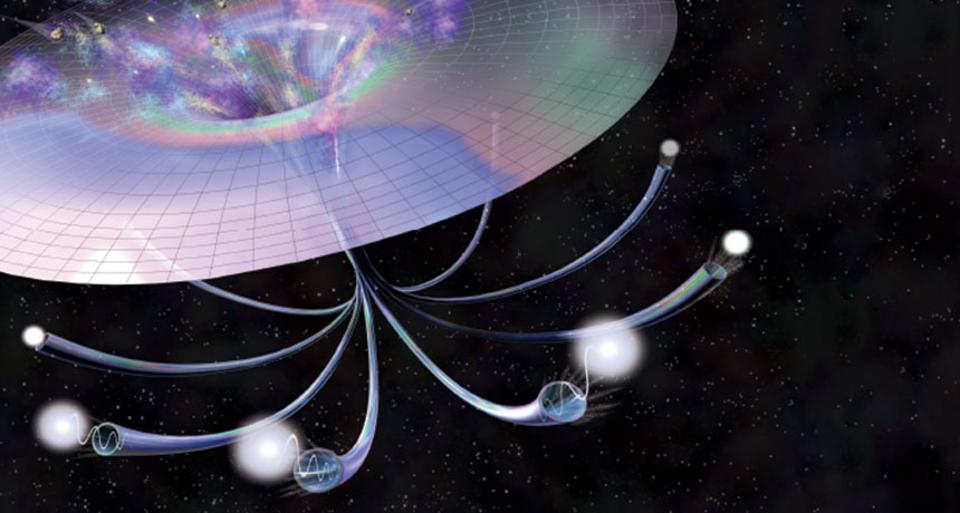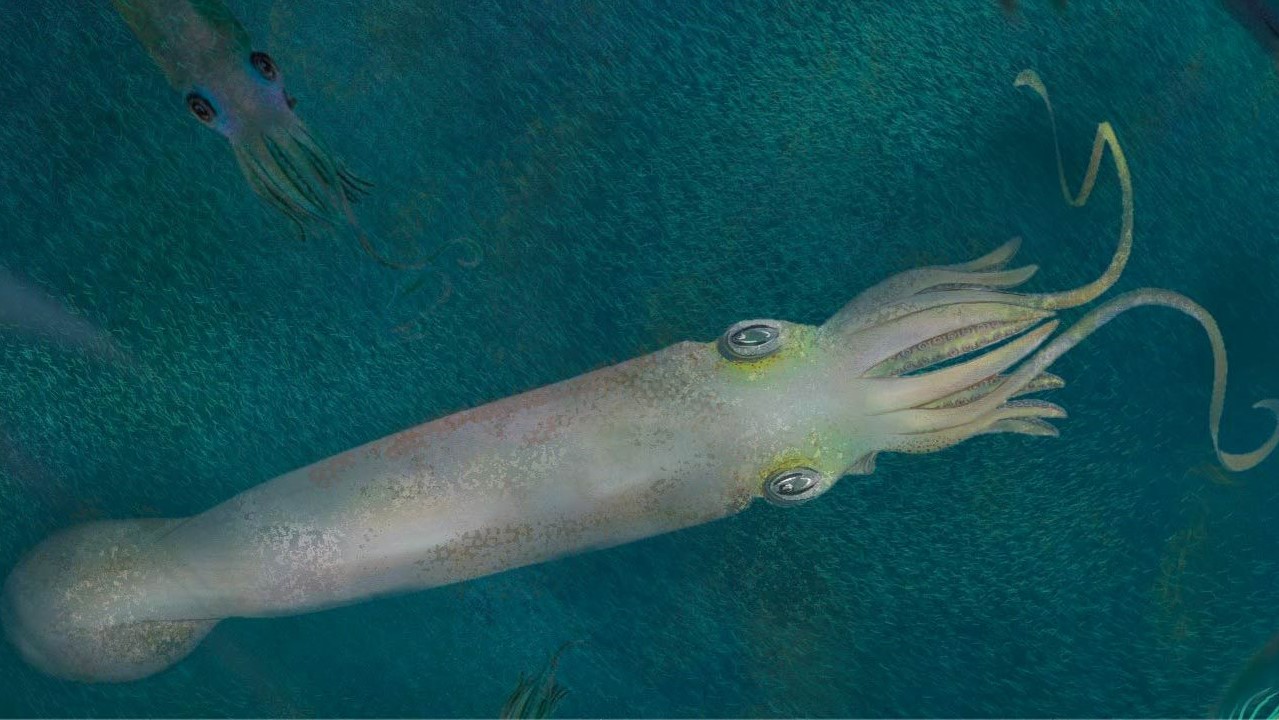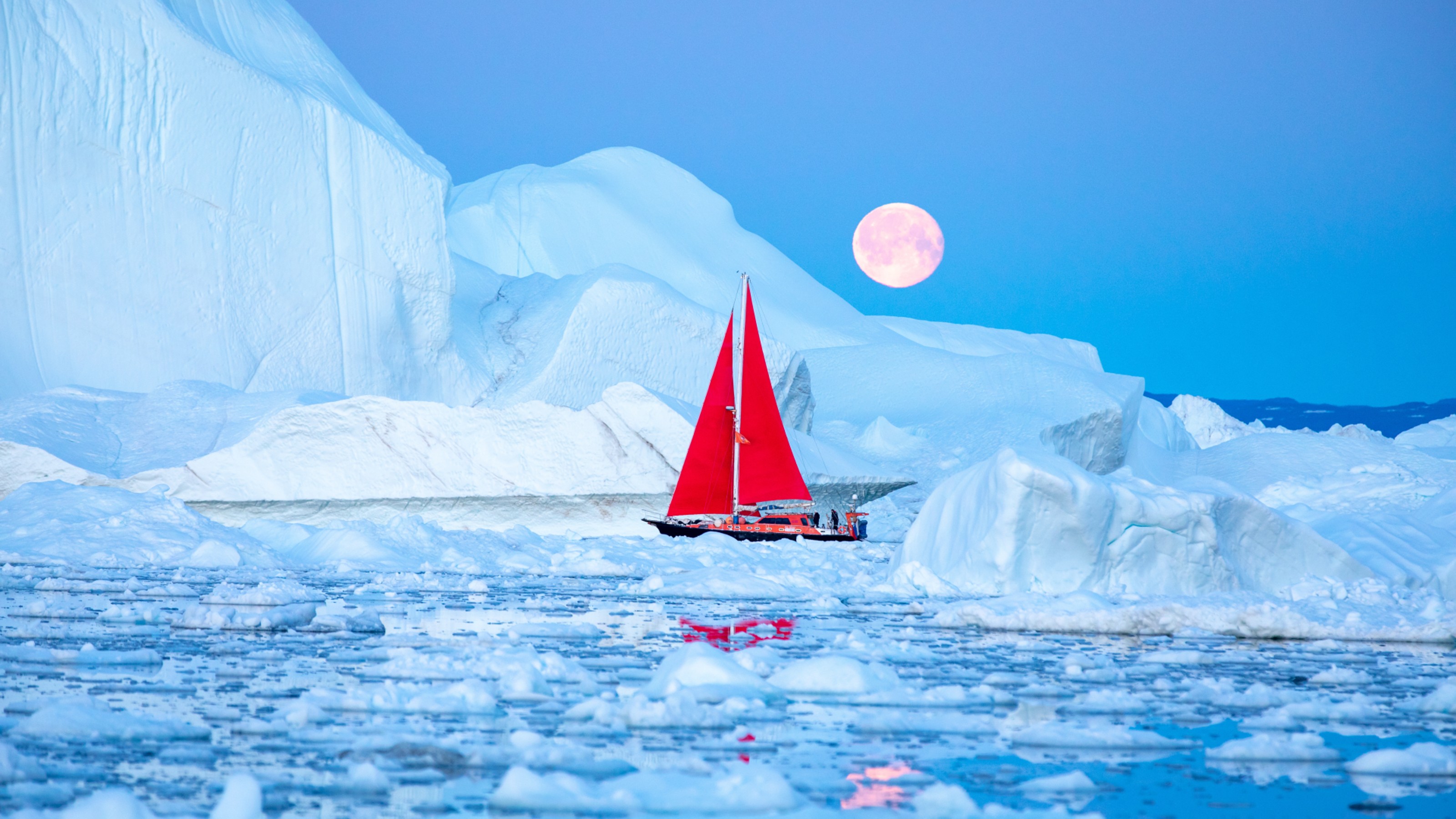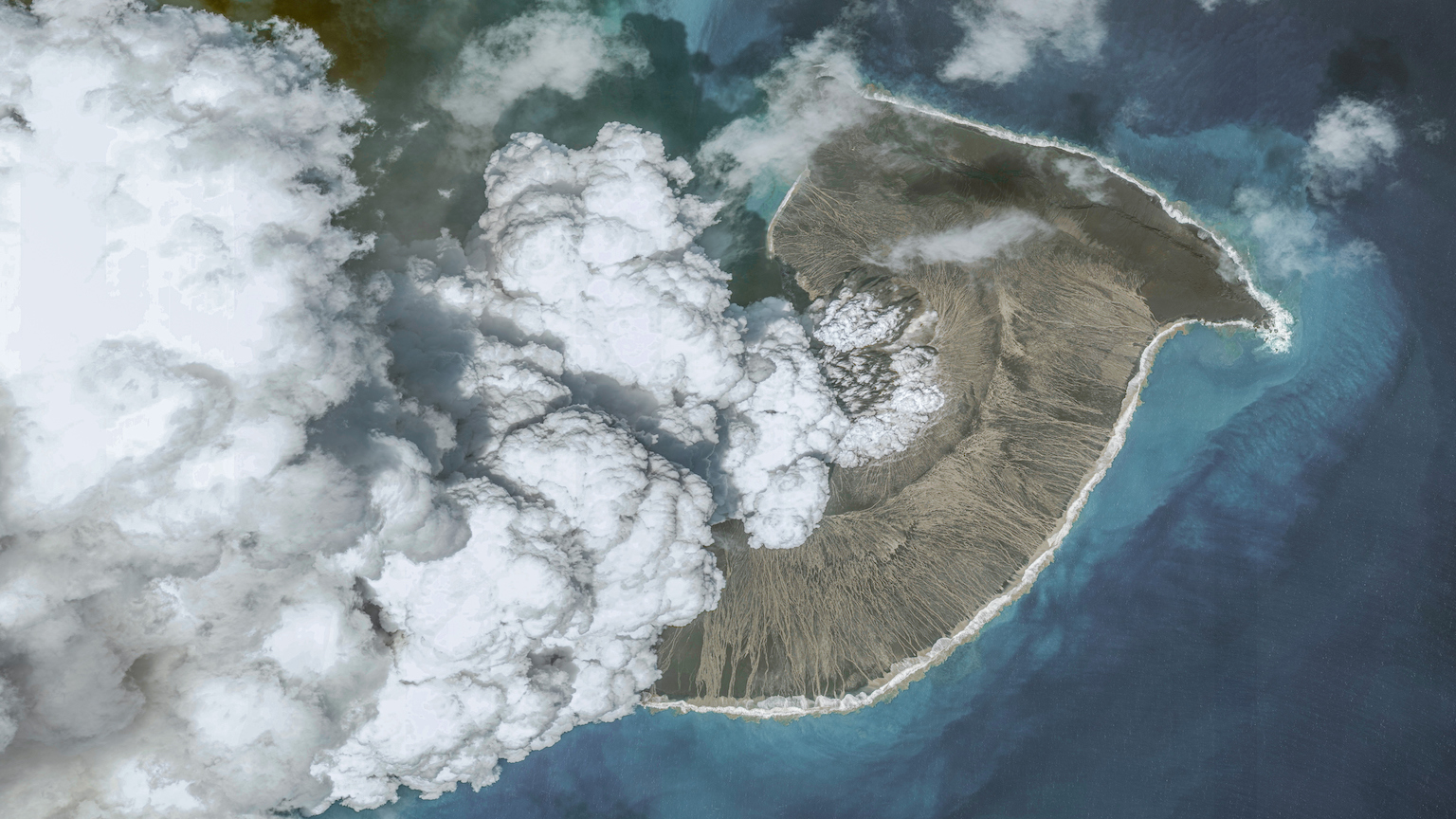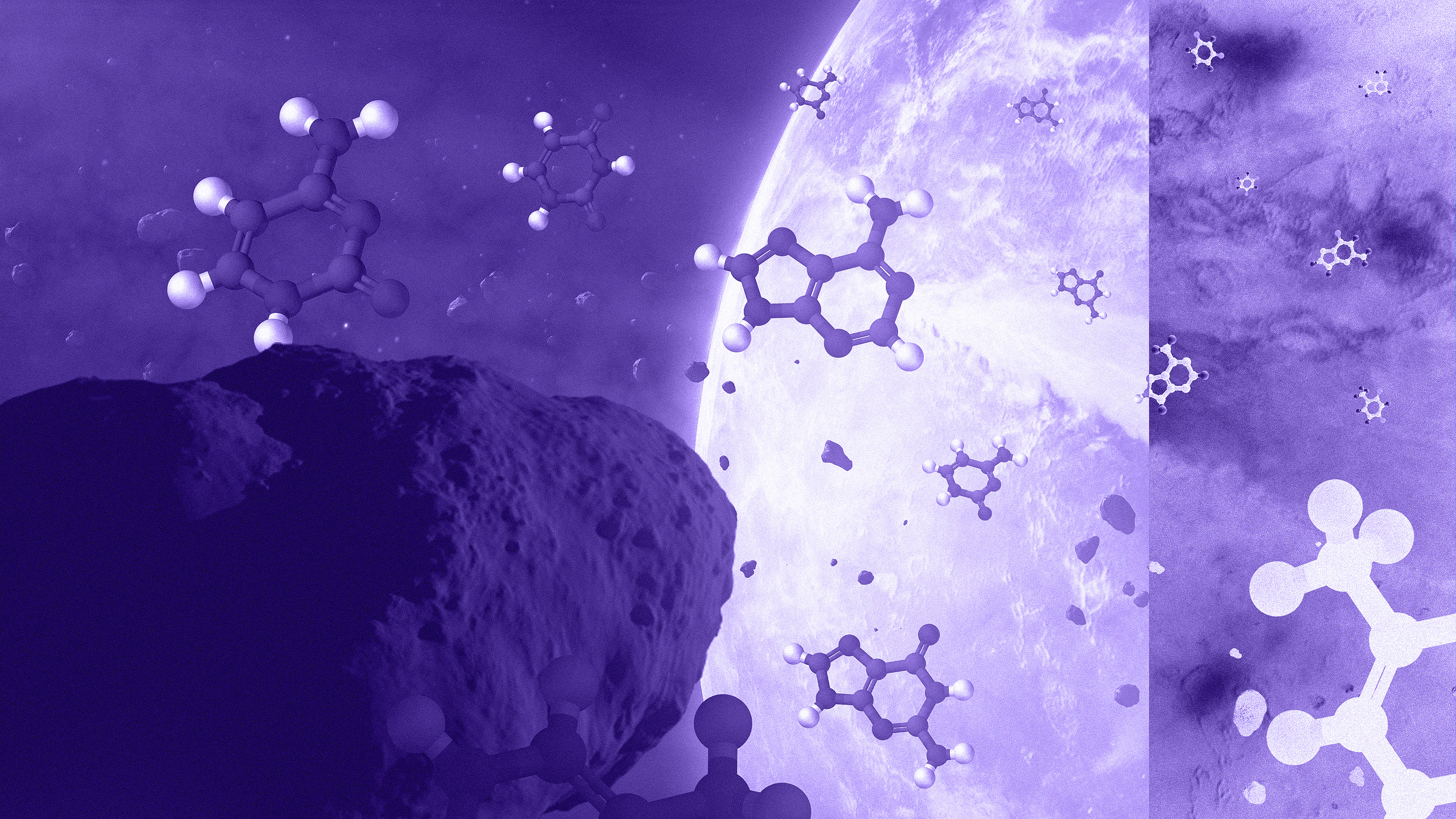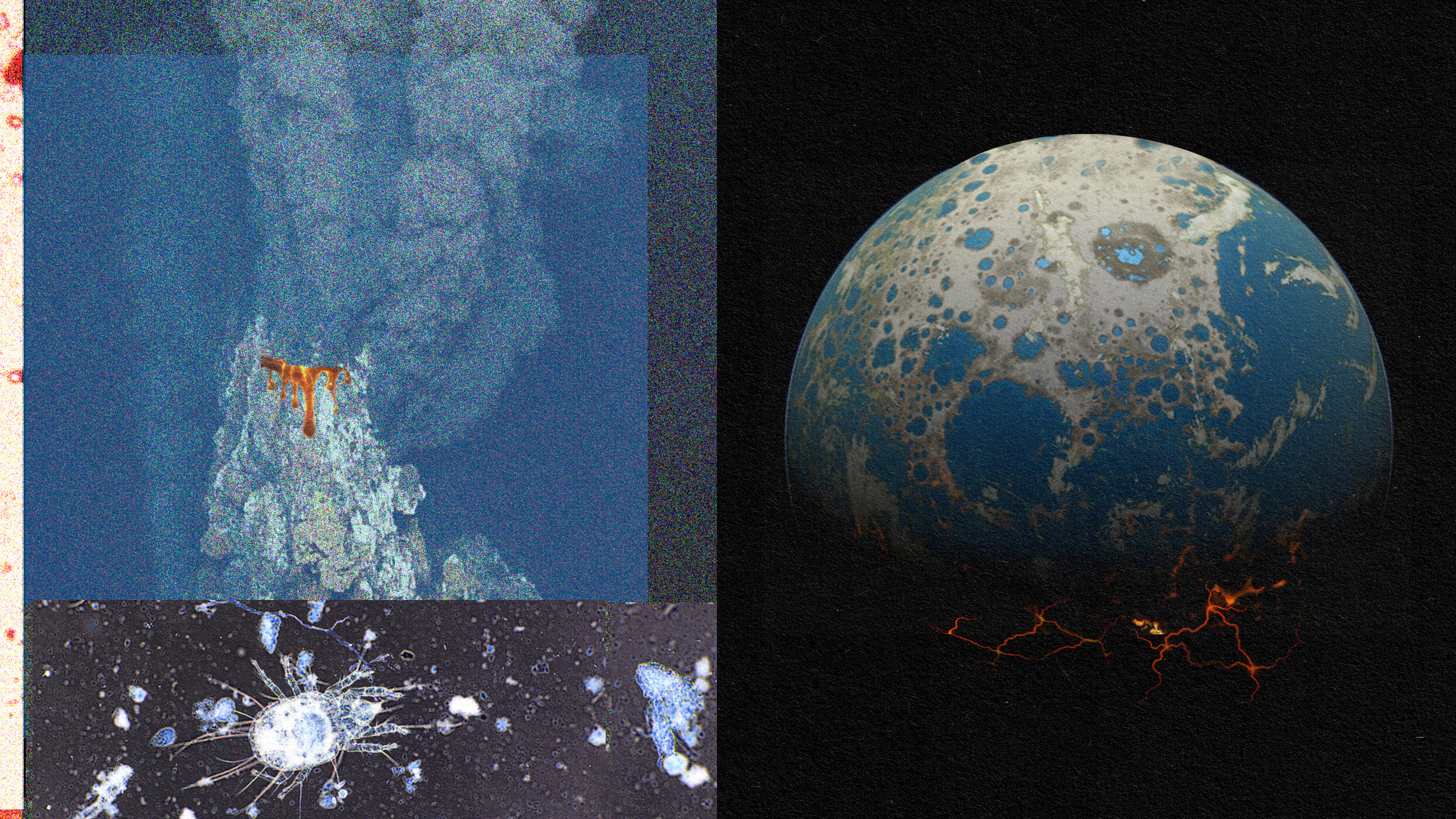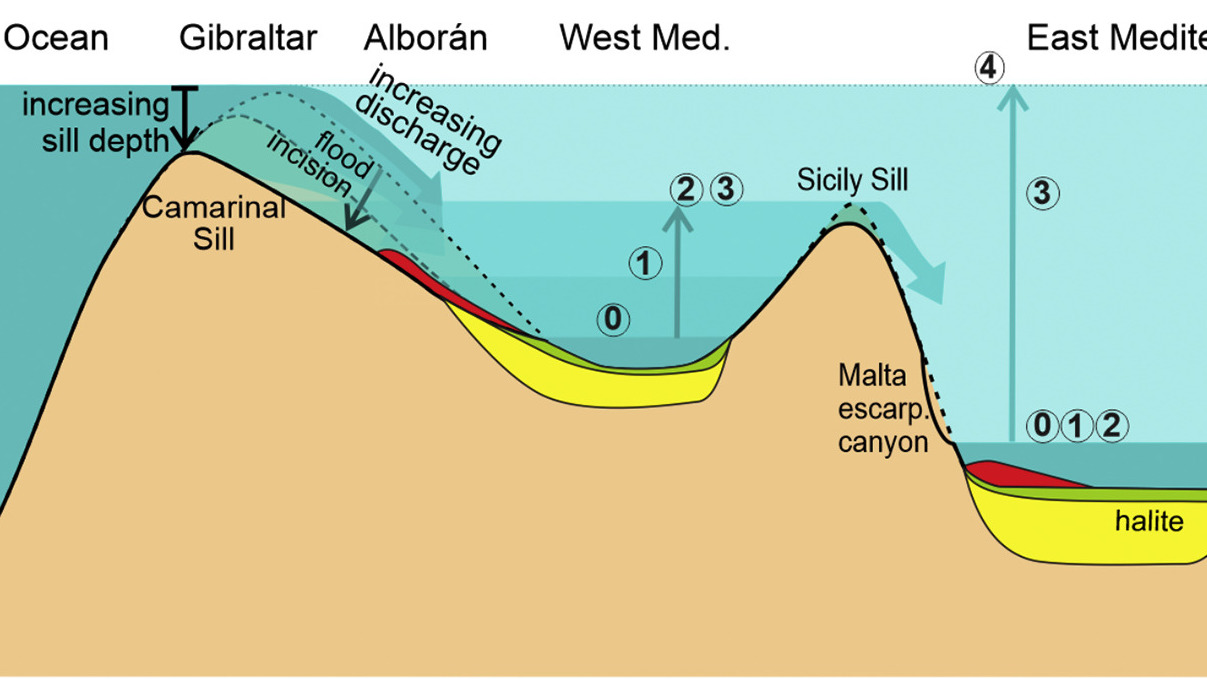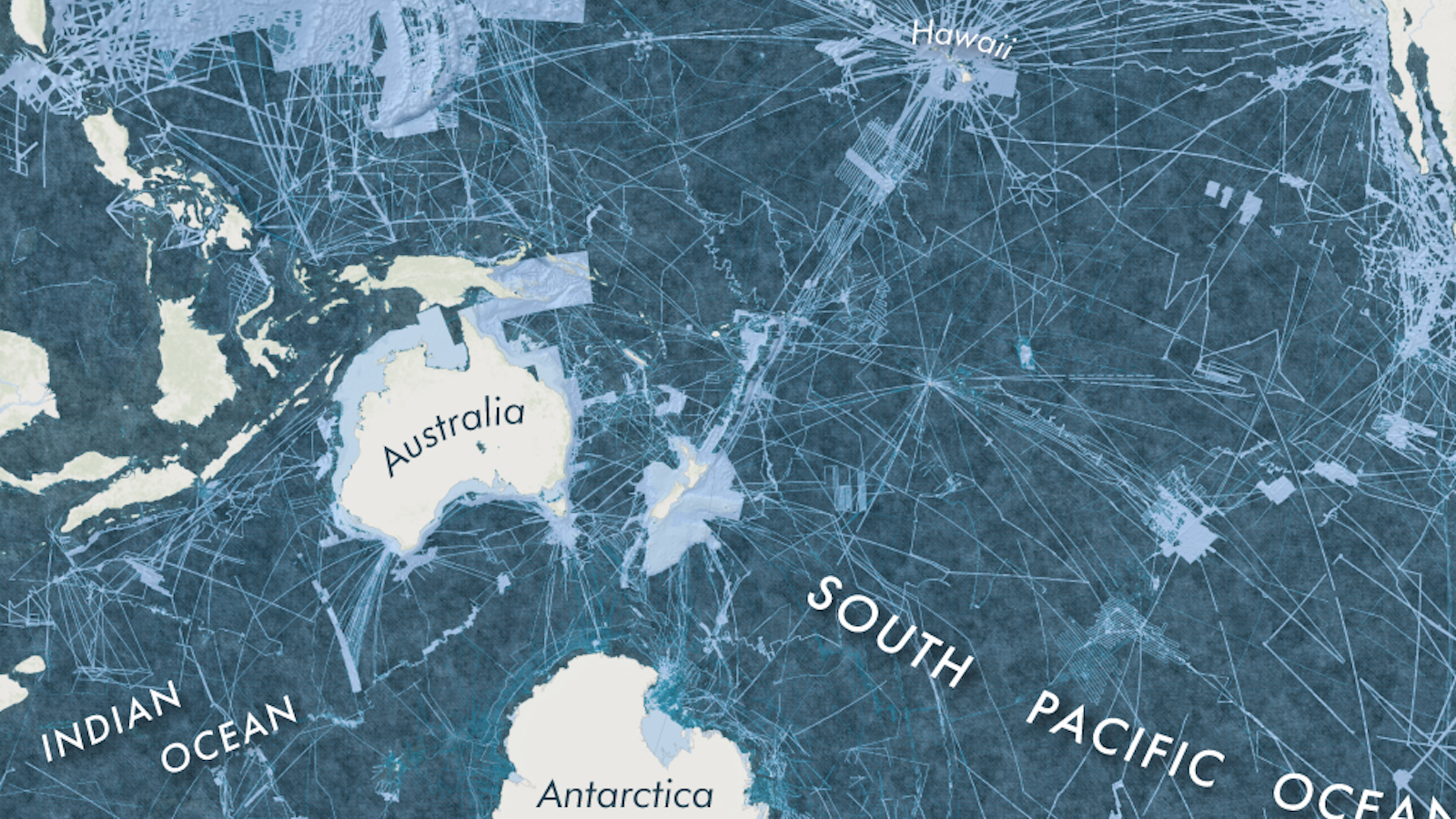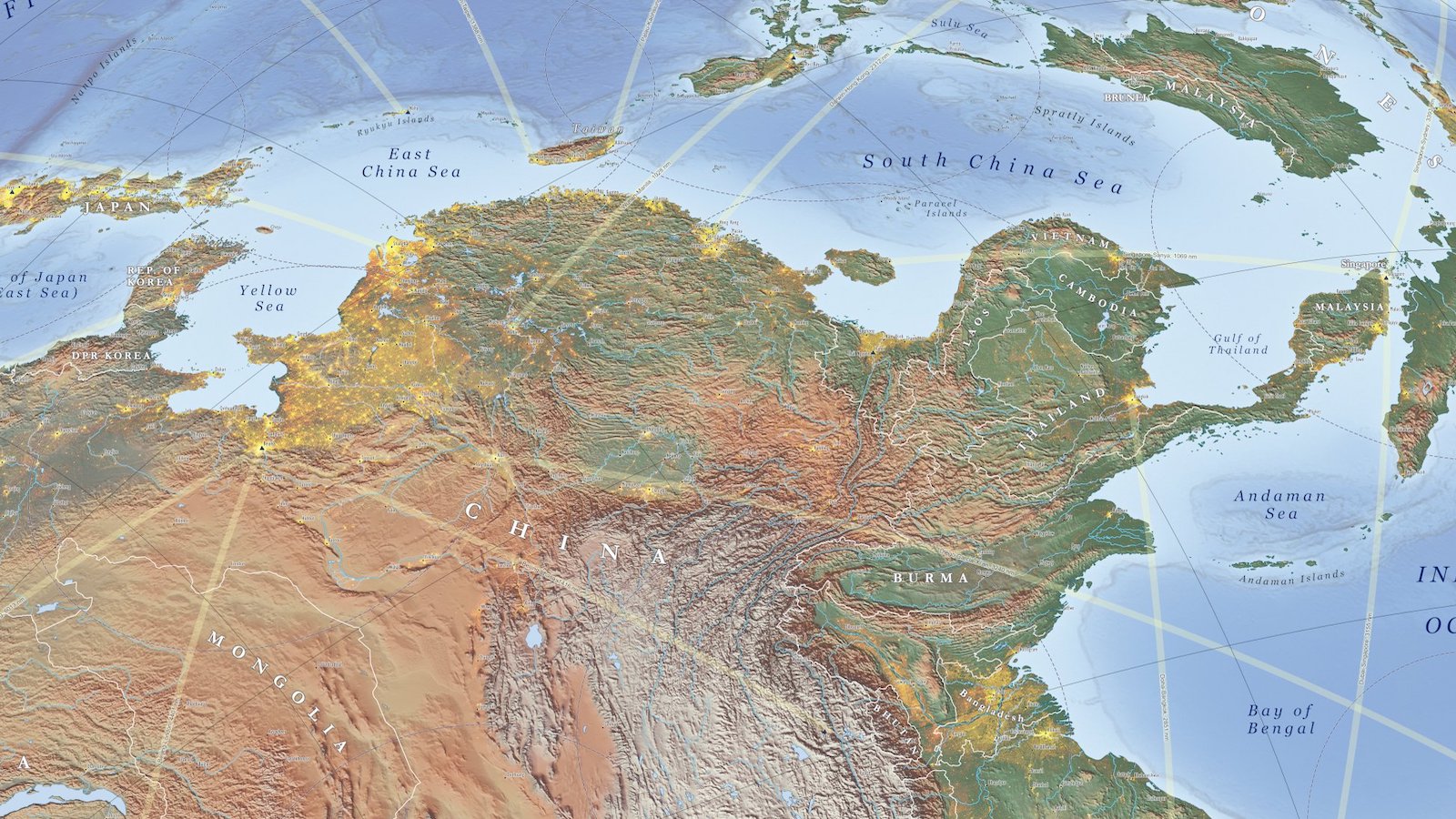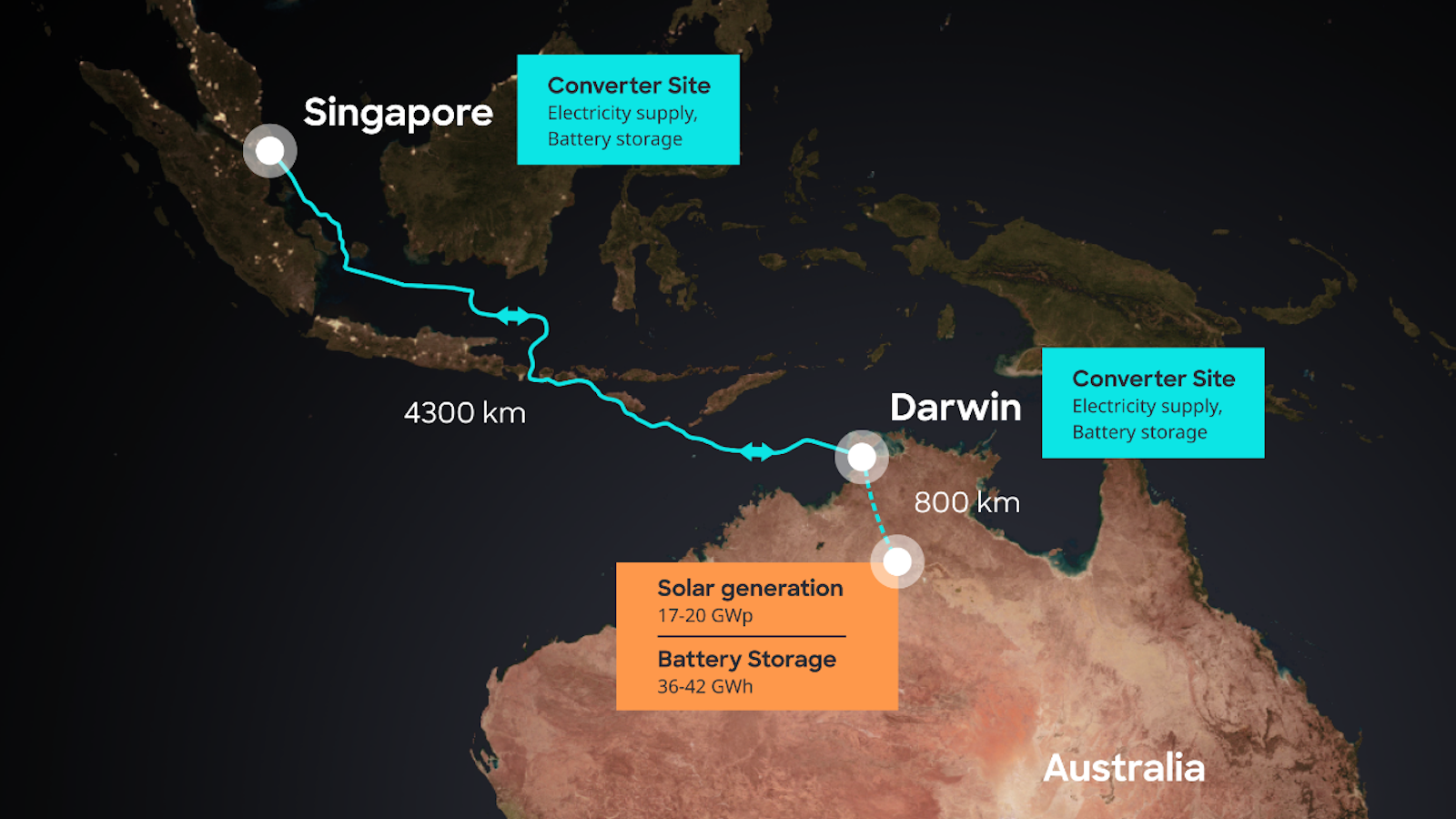The creator of the index called it a public utility for accessing the “vast ocean” of human knowledge.
Search Results
You searched for: Ocean
Are there any advantages to looking so cumbersome?
“I watched closely for the sun or stars to appear, to correct my chronometer, on the accuracy of which our lives and the success of the journey would depend.”
Some of the coastal areas were not repopulated for millennia afterward, showing that there was a long-lasting memory of this tragic event.
A scientist’s first-hand account shows the world can tackle a global environmental crisis.
It would get rid of our hazardous, radioactive, and pollutive waste for good, but physics tells us it’s a losing strategy for elimination.
When all your teammates fall for “the emperor’s new clothes,” the results can be disastrous — here’s how to bust the groupthink.
The term “zero-point energy” has at least two meanings, one that is innocuous and one that is a great deal sexier (and scammier).
“A modern five-day forecast is as accurate as a one-day forecast in 1980.”
Some astrobiologists believe life is rare, while others believe it is common in the Universe. How can we find out which view is correct?
Yet another ocean monster has been discovered.
The observable Universe is 92 billion light-years in diameter. These pictures put just how large that is in perspective.
Civil engineer Martin Lebek has a brilliant plan to redress the world’s phosphorus imbalance.
Syllipsimopodi bideni is small (about 12cm in length), has ten arms, suckers, fins, and a triangular pen of hard tissue inside its body for support.
Lynda Gratton, a professor of management practice at the London Business School, explains how business leaders can navigate a future in constant flux.
Does humanity have a moral imperative to seed life on lifeless worlds? And should we avoid colonizing a planet if life already exists there?
Impressive but deadly physics underlie catastrophic eruptions.
Earth wasn’t created until more than 9 billion years after the Big Bang. In some lucky places, life could have arisen almost right away.
For billions of years on Earth, life was limited to simple unicellular, non-differentiated organisms. In a mere flash, that changed forever.
About six million years ago, the Mediterranean was sealed off from the Atlantic, and over centuries it ran dry. One megaflood reversed that.
By the end of this decade, Seabed 2030 wants to produce accurate maps for the remaining 80 percent of the ocean floor.
When you turn a map of East Asia upside down, Beijing’s geographic constraints and regional ambitions become much clearer.
Australia’s AAPowerLink boasts three global superlatives: largest solar farm, largest battery, and longest power cable.
Theory without experiment is blind, and experiment without theory is lame.
The discovery suggests that the “Boring Billion” period of evolution on Earth wasn’t so boring after all.
Scientists look to erupted sea glass — lava that erupted in the ocean and was instantly chilled by the surrounding water — to take Earth’s temperature.
Shortly after planet Earth formed, life took a permanent hold on our surface. But just how common is such an outcome?
Dr. Tyson explains where we might find aliens, why “dark matter” is a misleading term, and why you can blame physics for your favorite team’s loss.




